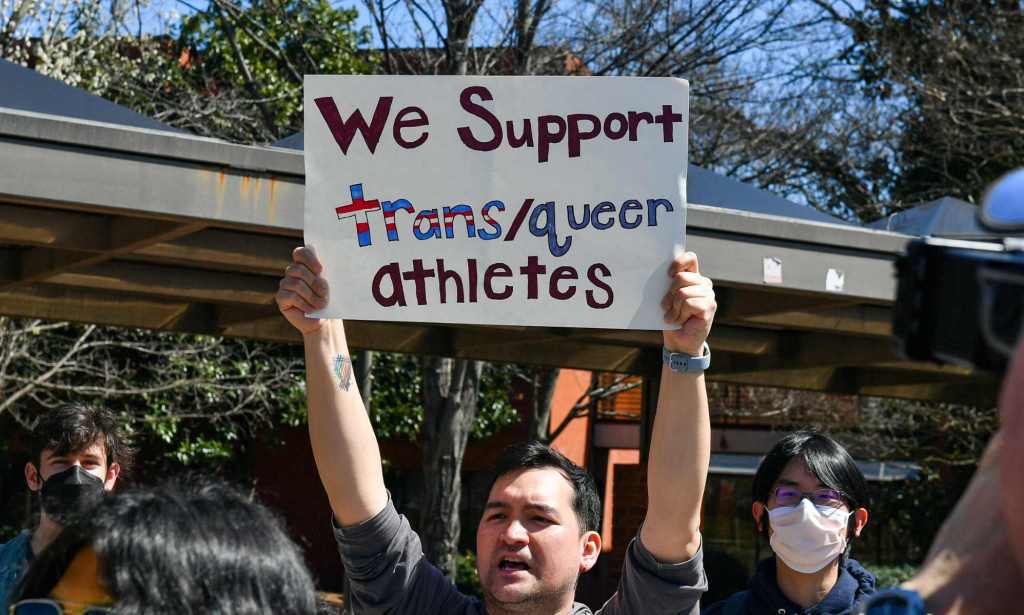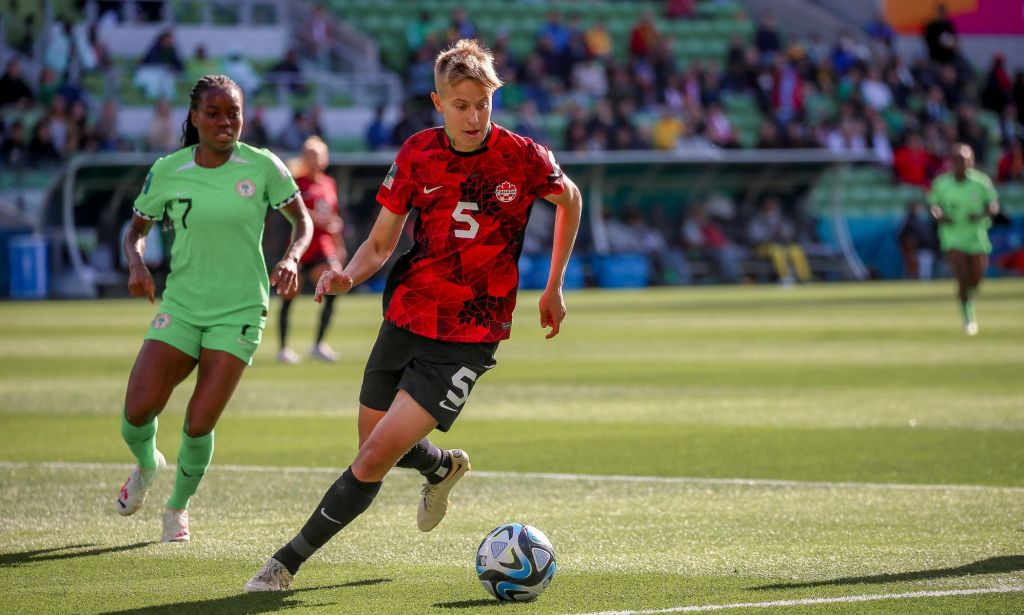Majority of non-binary youth now avoid joining sports teams, study finds

Non-binary youths are opting not to play sports over discrimination fears. (Elements Envato)
Non-binary youths are opting not to play sports over discrimination fears. (Elements Envato)
A new study has determined that a vast majority of non-binary youths in Canada now avoid joining sports teams over discrimination fears.
The study, conducted by Trans Connect and Simon Fraser University, surveyed queer, non-binary, and transgender youth ranging from ages 14 to 26.
It determined that only 11 per cent of non-binary youth in Canada currently take part in an organised team sport.
“The experiences of non-binary youth in organized team sports in Canada have been drastically understudied,” said researcher Martha Gumprich.

“Our report found that many youths avoid team sports due to abuse and discrimination but there are some solutions that would make sport more inclusive for non-binary participants and benefit everyone.”
Two-thirds of non-binary youths surveyed said that their reasoning for not joining an organised sports team boiled down to rules that would force them to play on a binary-gendered (men’s or women’s) team.
Meanwhile, four out of five non-binary youths said that they had avoided joining an organised team sport because of the layout of changing rooms or locker rooms.
Half of those surveyed said that they had avoided organised sports teams because of the teammates and coaches. Similarly, half opted not to take part because of discriminatory comments they had witnessed.

Finally, one in six non-binary youths avoided organised sport because they had witnessed someone being physically harassed because of their gender.
Compared to their US neighbours, Canada hasn’t been too strict with restricting trans or non-binary people from their chosen sport – though there is plenty of grey area for athletes and teams to navigate.
A star player on Canada’s Women’s World Cup 2023 team was a non-binary athlete.
Footballer Quinn has also made history as the first out trans, non-binary athlete to win an Olympic medal, after taking home the gold for Canada at the Tokyo Games.
Meanwhile, in the US, 23 states have passed laws that restrict transgender, non-binary, and gender non-conforming athletes’ participation in organised sports – particularly school sports – in the past three years alone.
This can have serious repercussions on gender non-conforming youth, who are excluded – voluntarily or not – from team sports that help to build, not just a players’ athletic abilities, but their social skills, team-building abilities, and leadership and problem-solving skills.

Alongside their findings, TransConnect and Simon Fraser University researchers offer a number of possible solutions to these concerns that would encourage non-binary athletes to participate in sports again.
Those solutions include: allowing non-binary participants to choose the gendered team they’d like to play on, offering co-ed team options or dividing teams by competitiveness, creating gender-neutral changing areas with single stalls, and offering better education on diverse genders and sexualities.
“Participation in physical activities, particularly activities with the sociality of team sports, is a key part of preventative health measures,” said Simon Fraser University’s health sciences assistant professor Travis Salway.
“Non-binary youth deserve the same opportunity to participate in team sports as everyone else.”

